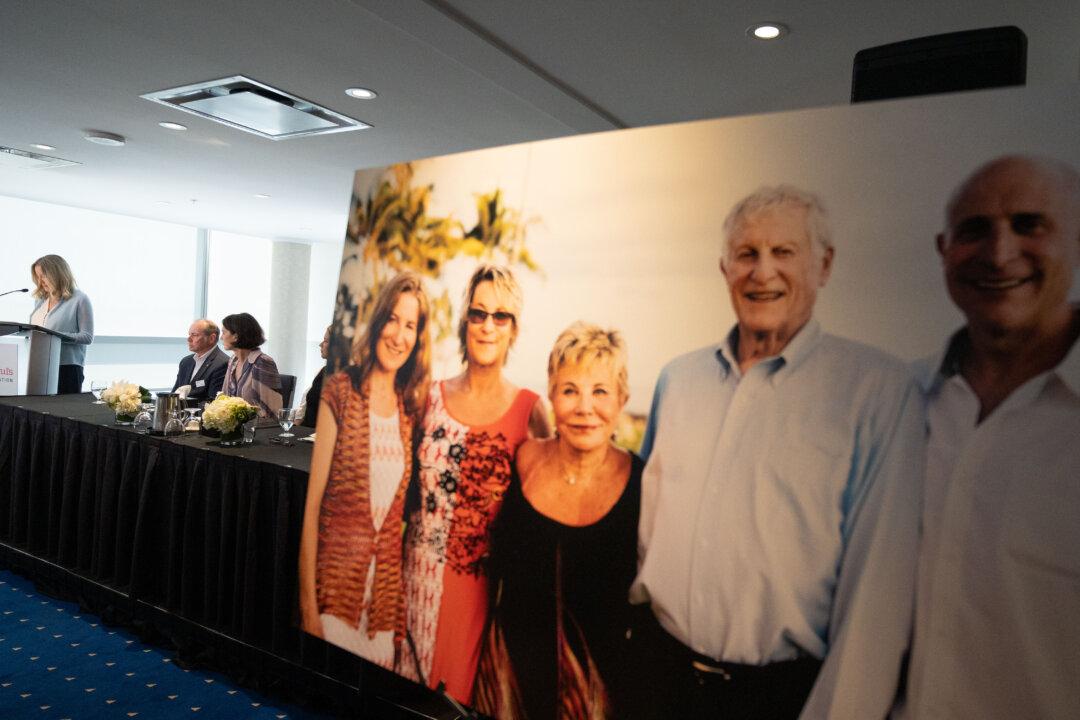A wealthy Vancouver family made a $20 million donation on June 12 to a new drug treatment model planned to open later this fall in B.C., in memory of their family member who died of a fentanyl overdose while waiting to see an addictions psychiatrist.
Jill Diamond, executive director of the Diamond Foundation, a philanthropic organization in Vancouver, said on June 12 that her 53-year-old brother, Steven Diamond, went through the B.C. system for help for a long-standing substance abuse problem. She said he experienced a “messy system of delays and disappointments.”





